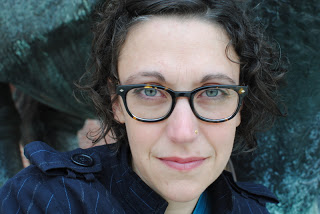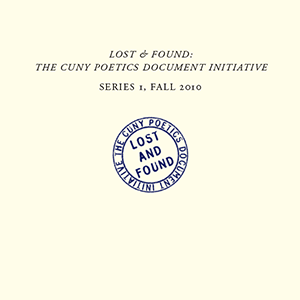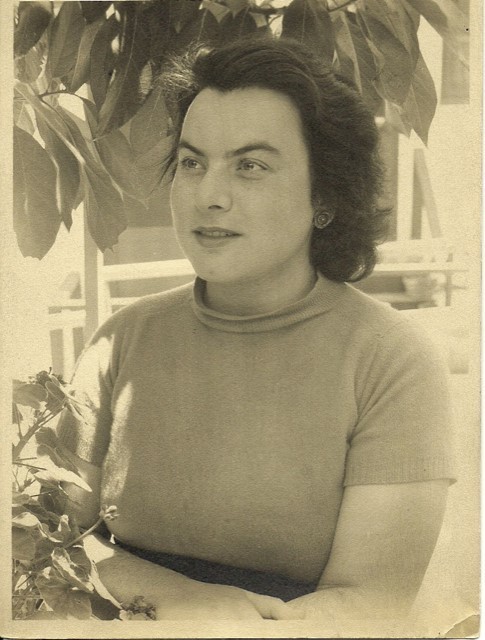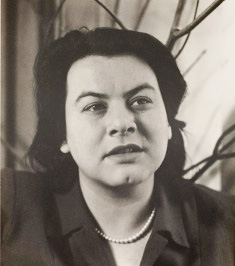Darwin & The Writers: Muriel Rukeyser
Darwin & The Writers: Muriel Rukeyser
$8.00
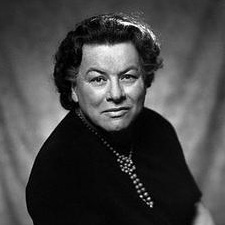
Editor: Stefania Heim
34 pages, softcover, saddle-stitch binding
Darwin and the Writers is an unpublished essay written by Muriel Rukeyser in 1959. The piece is an exercise in the discovery, collection, and exposition of “meeting-places” between scientific and literary imaginations, extending the intellectual work Rukeyser started in works like Willard Gibbs and The Life of Poetry. An intricate web uncovering
passionate influence across disciplines, this essay is an exemplary instance of her method, in which she does more than locate debts owed, but excavates linked structures, the building blocks of innovative thinking pitched on relationships, feeling, and chance.
Author Biography:
Muriel Rukeyser was born in New York City in 1913. After winning the Yale Younger Poets Prize in 1935 for her first collection, Theory of Flight, Rukeyser’s poetic output would go on to span 14 volumes. Many of her books incorporate documentary material, notably, “The Book of the Dead” series in her 1938 collection U.S. 1, an examination of the Gauley Bridge industrial disaster, in which approximately 1,000 men died of silicosis. Rukeyser’s wide-ranging body of work also includes biographies of American physical chemist Willard Gibbs (Willard Gibbs: American Genius, 1942) and English Renaissance explorer and astronomer Thomas Hariot (The Traces of Thomas Hariot, 1971), a book-length “story and song” about the life of 1940 Republican presidential candidate Wendell Wilkie (One Life, 1957), a musical about Harry Houdini (Houdini: A Musical, published 2002), a personal exploration of the pagan goat festival Puck Fair (The Orgy, 1965), a collection of lectures about the uses and possibilities of poetry (The Life of Poetry, 1949), translations (of Octavio Paz and Gunnar Ekelöf), children’s books, film scripts, and criticism. Rukeyser begins The Life of Poetry with her experience in Spain at the start of the Civil War, framing her talks as
an answer to the question posed to her, “And poetry—among all this—where is the place for poetry?” Both her writing and her life experiences—witnessing the 1933 Scottsboro trials as a student journalist or traveling to Hanoi to protest America’s involvement in Vietnam—are a testament to their deep interconnectedness. Rukeyser died in New York in 1980.
Selected Archives:
- The Henry W. and Albert A. Berg Collection of English and American Literature, New York Public Library, New York, NY
